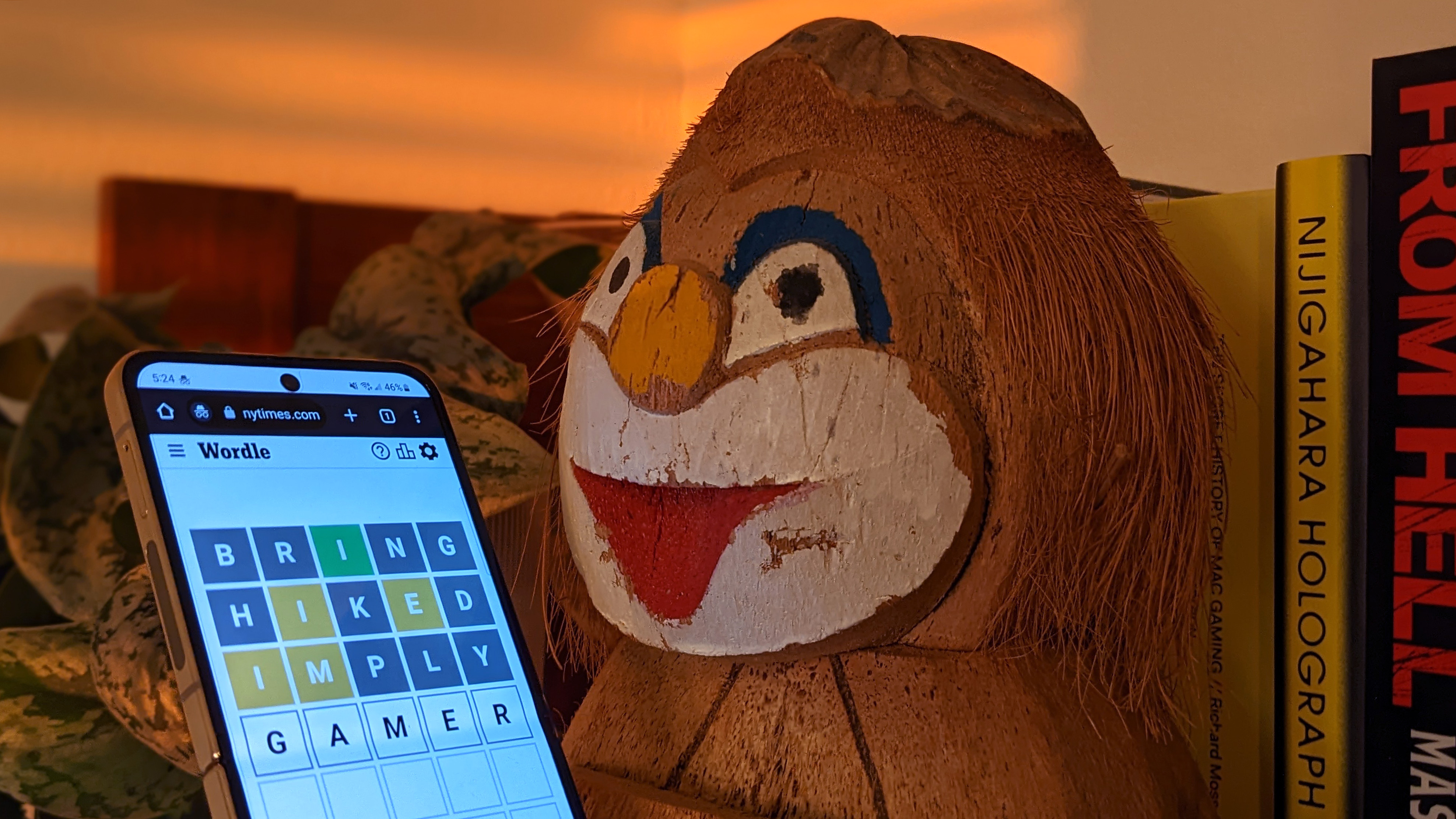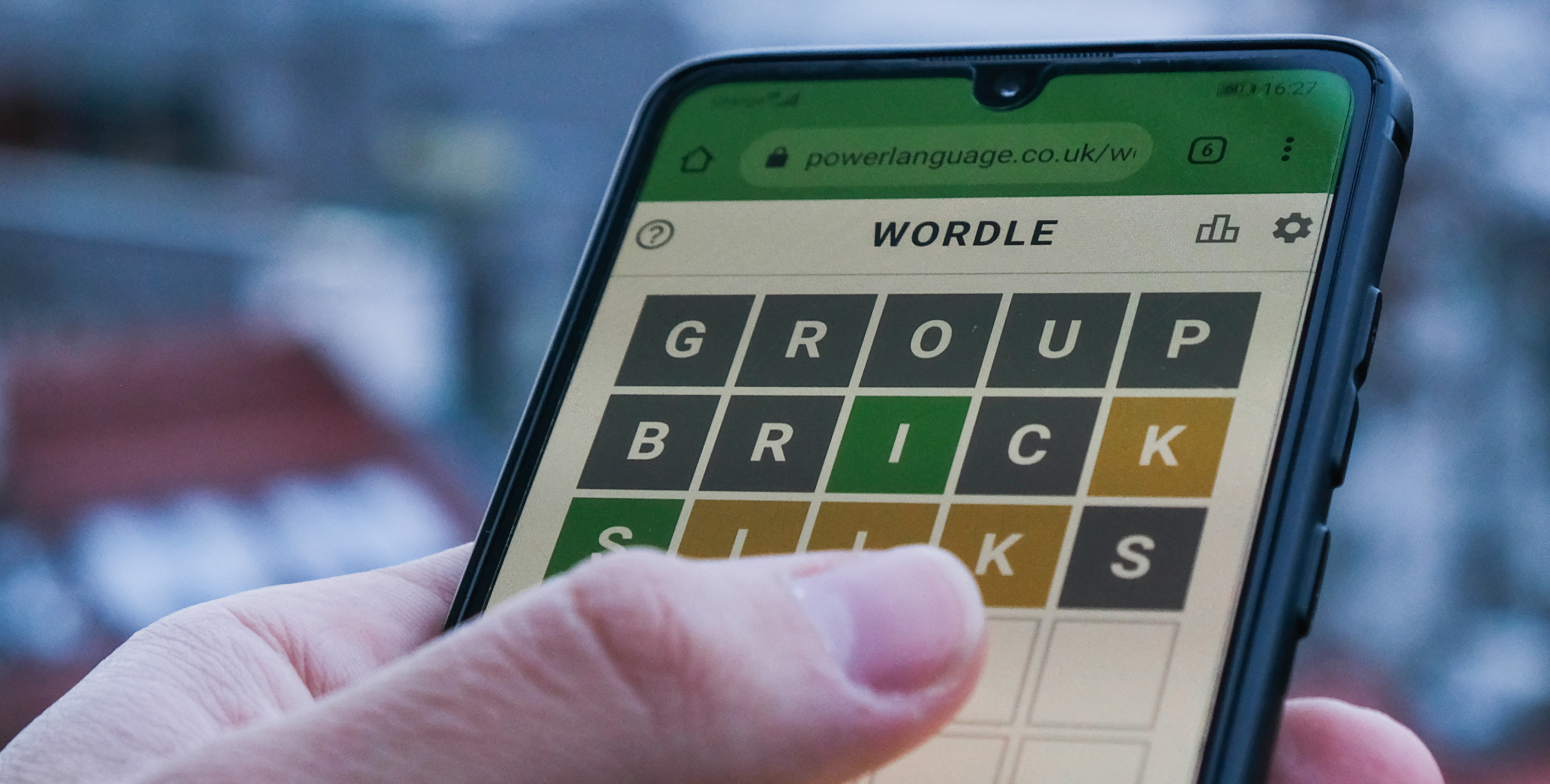This is a tough call to make: Should RTS units cycle through the comforting traditional acknowledgments when you click on them—”ready,” “awaiting orders,” that kind of thing—or should unit barks finally evolve past the generic assertions of Command & Conquer and Warcraft? For the upcoming Homeworld 3, Blackbird Interactive is taking the latter position, saying that it’s innovating on unit barks and that “the scale of chatter design” in the RTS is greater than the series has ever seen.
Those comments come from a new Homeworld 3 developer update which also teases the work Blackbird has done on pre-rendered cutscenes and in-engine environment rendering. There’s some strong nebula work to admire near the bottom of the post, but the big section in the middle titled “No one can hear you scream” is what caught my attention, because I’m not sure I’ve ever encountered such a thorough breakdown of RTS unit bark theory.
“Of the four audio design pillars we have for Homeworld 3, the one that has driven ship pilot speech the most is: ‘Humanize the fleet,'” writes audio director Dave Renn. “If you’ve played a lot of real-time strategy games, then you’re all-too-familiar with the ‘barks’ that units give as you order them around. Y’know, ‘Zug, zug’ and all that.
“A lot has changed since that golden era of real-time strategy, though. While we could’ve stuck to tradition, we chose to innovate and create a speech system that’ll bring your fleets to life and immerse you in their moment-to-moment interactives and battles.”
According to Renn, unit barks in Homeworld 3 should deliver two things to the player: “information and flavor.” To do that, Blackbird has borrowed a format from sports broadcasting, giving each ship a play-by-play announcer and a color commentator. There’s a commander who’s “focused on direct responses to player commands, notifications for important events such as coming into contact with enemy ships, and a select few flavor events,” and a tactical officer who’s “focused on contextual conversational chatter,” the flavor.
You talkin’ to me? Oh, you’re not
What I find most interesting is that Blackbird has decided to do away with the idea that the units are talking to you, the player who’s clicking on them, which they did in Homeworld 2 and every other RTS I can think of. (I have not played every RTS that has ever existed, so perhaps there are true chatter trailblazers out there that were doing this in the ’90s, but I don’t remember ’em.)
“In both the writing and the design of speech events, an important guiding principle is that ships are not responding to the player,” writes Renn. “They are responding to each other.”
So, rather than saying something like, “Confirmed, initiating docking procedure,” a ship that you’ve ordered to dock with a carrier will tell the carrier’s docking control, “This is flight lead looking to put down, echo back,” and the carrier’s docking control officer will respond. You can see that example dialogue in the video below.
If you’re far away from the docking ship—whatever you are as a floating order-giver in space—you’ll only hear that first line, not the full conversation. “In this way we ensure that the acknowledgment to the player command is always heard, and that the additional flavor lines don’t clutter the soundfield or confuse things,” Renn writes.
Here’s another example:
Ships won’t only talk to each other when you’re interacting with them: The tactical offers have “a selection of 5 to 15 contextual call-outs and 5 to 15 contextual responses” for various situations, such as flying through a nebula, and you’ll catch bits of those conversations as you play.
There’s something to be said for the classic Warcraft peon’s “ready to work”—you really become attached to those stupid barks after hearing them 20,000 times. I don’t know if I’m ready to accept RTS units that don’t talk to me, fourth wall be damned, but I respect Blackbird for defying institutional RTS thinking.
You can read the full chatter breakdown (and all that cinematics and graphics stuff) in the Homeworld 3 developer update on Steam. The strategy game was delayed earlier this year, and is now scheduled to release in February of 2024. The reason for the delay, Blackbird said at the time, was simply that they want to make the game better: “This work takes time, especially when we are raising the bar on what players will experience in the Homeworld universe.”



